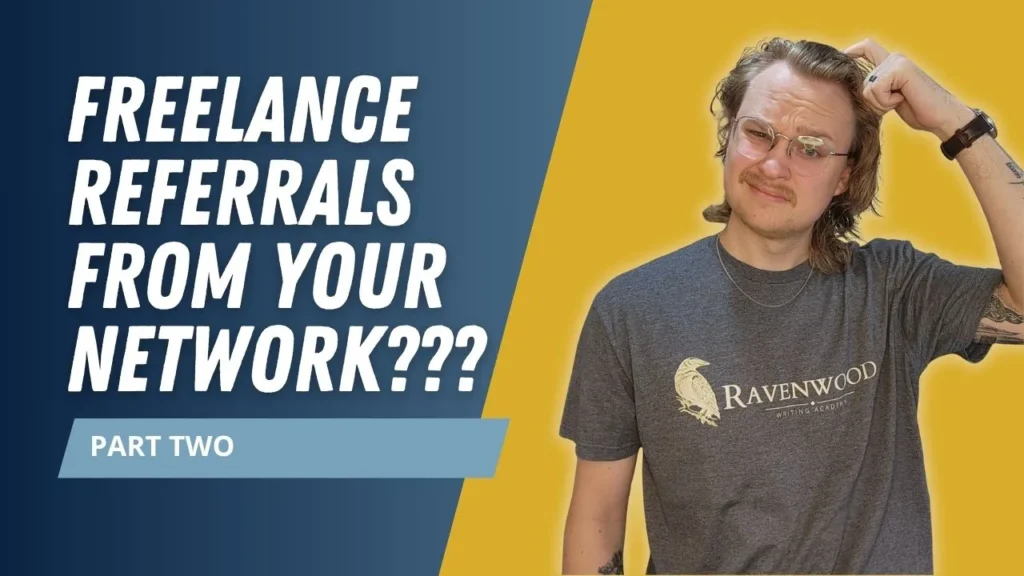Six months ago, I lost a long-term client to AI.
They were an international company in the B2B technology space, and I had been writing deep-dive industry news articles and thought leadership pieces for them for over a year. The company exists in a highly technical niche with an audience of specialized engineers and COOs.
In an effort to cut costs, they replaced my role with AI.
Fast-forward to today, and guess who’s back on their payroll? Me. Doing the exact same work. But now, I’m charging twice as much.
Let’s talk about why.
We’re So Back
Earlier this week, I got an email from this client. They wanted to know if I’d be open to working together again.
They didn’t say, “Hey, the AI thing was a disaster, and we need you back!” but they didn’t have to. They wanted me to do the exact same work AI was supposed to handle.
I told them I was available but would only do the work for double my old rate.
They jumped on the deal. Zero pushback. No negotiation. They accepted immediately.
So what happened?
Where the AI Experiment Went Wrong
Like many companies, this client assumed AI could do what I did, just faster and cheaper. Feed it some prompts, get a full article in minutes, and save thousands of dollars a month in freelance costs.
Except… that’s not what happened. You knew that already. So what went so horribly wrong that now they’re thrilled to pay me twice as much to come back?
I checked out some of their AI-generated content. Spoilers, I saw some major issues:
No industry nuance – Their niche is very technical, with constant shifts in technology, global economics, and politics that impact buying decisions. AI might know a lot about a little. But it didn’t understand the complexities and produced overly simplified, generic writing.
Misinformation – AI doesn’t know things. It predicts words based on patterns. This meant the content often contained misleading or flat-out incorrect information. A layperson might not pick up on these errors, but an executive at a billion-dollar firm who reads this specialized content sure will. Which brings me to the next issue…
Lack of credibility – The audience for this content is made up of experts in their field. Anyone in their shoes could instantly tell the writing wasn’t coming from someone who actually understood the field. That’s a quick way to ruin your credibility and leave your audience looking for resources elsewhere.
Ultimately, I can’t even blame them. Plenty of people are misinformed about what AI can and can’t do. Brands are spending trillions on the current AI hype train—and leaves the ones who aren’t with some serious FOMO.
For this client though, the result was predictable. They thought AI would solve their problems, but quickly realized that bad content costs more than good content.
The Takeaway: Why AI Won’t Replace Great Writers
I don’t want this to come off the wrong way. I’m not the world’s greatest writer. I’m nowhere close to perfect.
But I had written in this niche for years, and built up a wealth of expertise along the way—not to mention a reliable network of sources. This allowed me to create insightful articles that connected with their audience and delivered tangible value.
This is why having a niche is so important.
AI can replace generalist writers who only cover surface-level topics. It’s good enough to do that somewhat convincingly.
But AI is not a replacement for expertise, nuanced insight, or writers with real understanding of a niche.
When businesses try to swap out skilled writers for AI, they often learn this lesson the hard way.
This isn’t a story about AI being useless. It’s a story about how good writers—those who bring real knowledge, critical thinking, and nuance—are more valuable than ever.
So if you’re worried about AI taking your job, take a look at your niche. If you don’t have a niche, the time to find one was yesterday.
It’s the best job security you can ask for. I’m extremely grateful for it.
Because in this case, AI didn’t take my job. It just proved why I deserved to be paid more for it.





